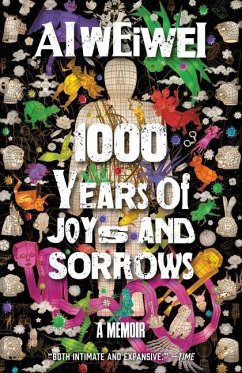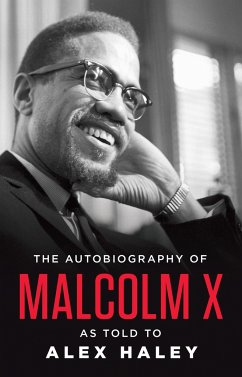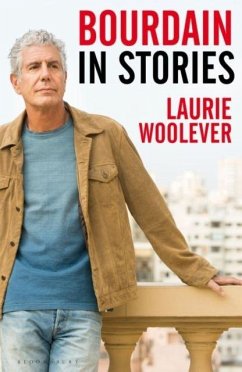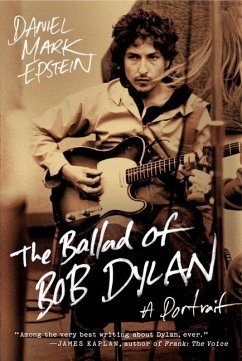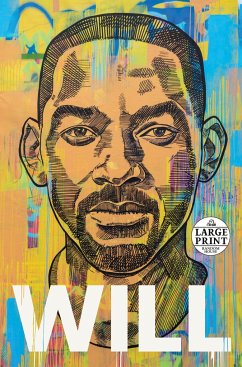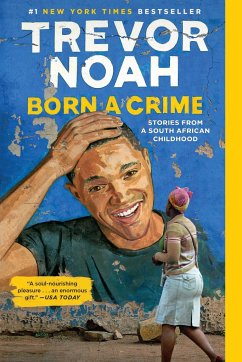Nicht lieferbar
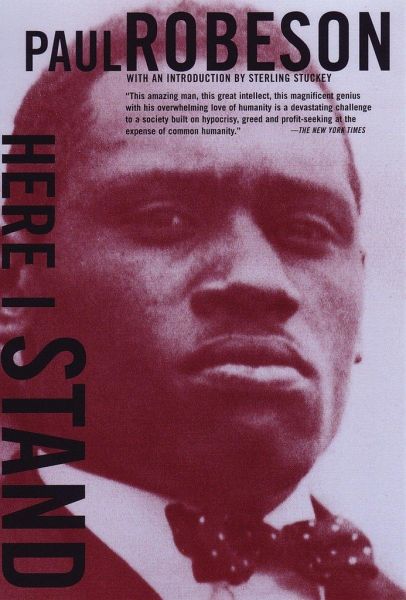
Here I Stand
Introduction by Sterling Stuckey Renowned actor and singer Paul Robeson spent his life battling for the civil rights of all Americans. Robeson was blacklisted during the McCarthy era and wrote his famous memoir, Here I Stand, as a bold answer to his accusers. "This amazing man, this great intellect, this magnificent genius with his overwhelming love of humanity is a devastating challenge to a society built on hypocrisy, greed and profit-seeking at the expense of common humanity." -- The New York Times
Robeson's international achievements as a singer and actor in starring roles on stage and screen made him the most celebrated black American of his day, but his outspoken criticism of racism in the United States, his strong support of African independence, and his fascination with the Soviet Union placed him under the debilitating scrutiny of McCarthyism. Blacklisted, his famed voice silenced, Here I Stand offered a bold answer to his accusers. It remains today a defiant challenge to the prevailing fear and racism that continues to characterize American society.





